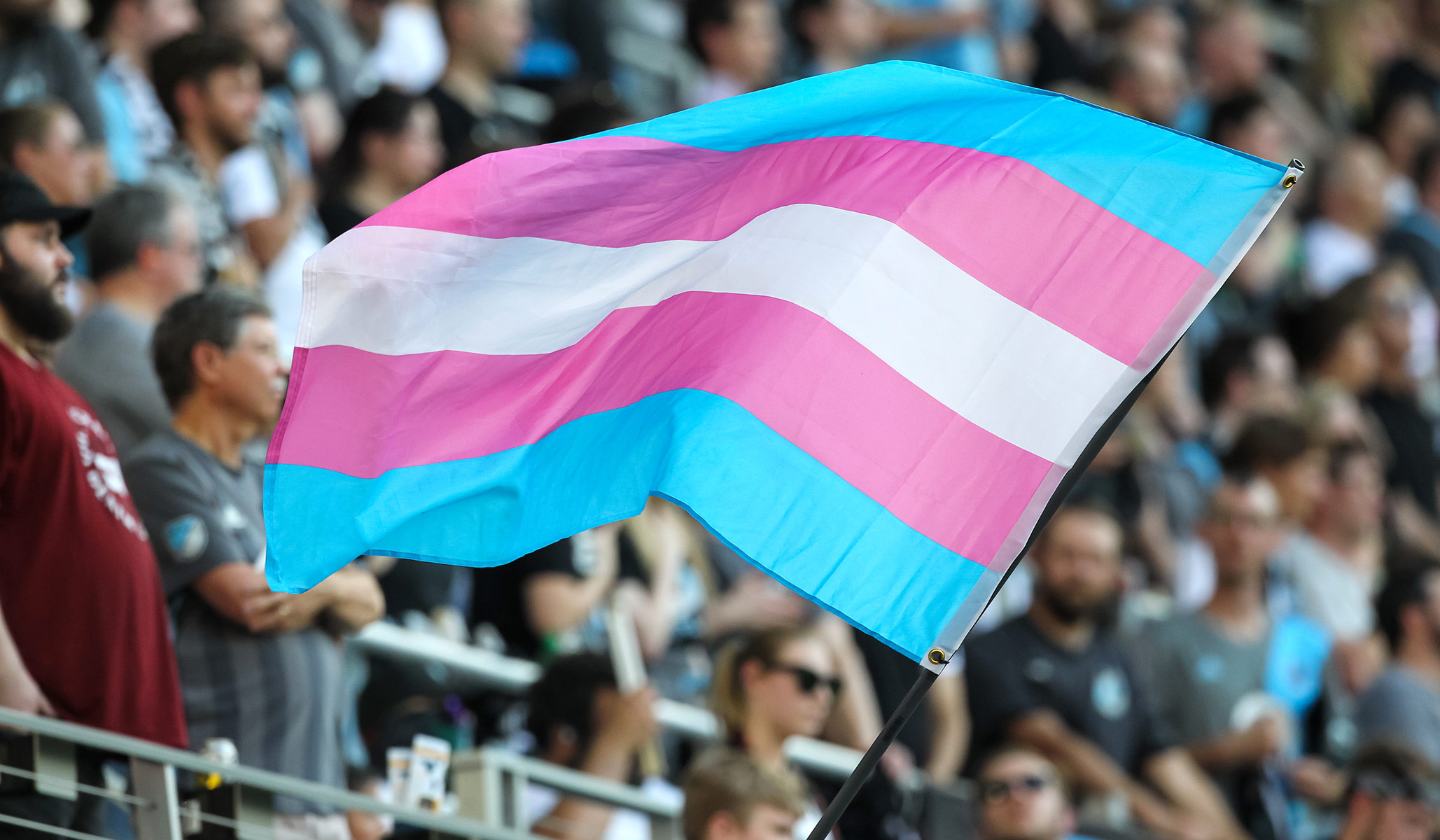


While most states that have enacted bans on gender-transition treatments have seen their laws blocked in the nation’s courts, the Sixth Circuit Court of Appeals bucked the trend this weekend when it upheld Tennessee’s ban on gender-transition treatments for minors, reinstating it pending further litigation.
In a 2-1 ruling, the judges in the majority said the challengers — three transgender minors, their parents, and a doctor — are unlikely to succeed on the merits, having asserted due-process and equal-protection claims. According to Chief Judge Jeffrey Sutton and Judge Amul Thapar, the district court state abused its discretion when it granted a preliminary injunction against Tennessee. “A court order that goes beyond the injuries of a particular plaintiff to enjoin government action against nonparties exceeds the norms of judicial power,” wrote Sutton.
The chief judge explained that the rulings of their colleagues on the federal judiciary in other parts of the country give them pause. “But they do not eliminate our doubts about the ultimate strength of the challengers’ claims,” Sutton wrote.
According to the majority, more rather than less input is needed on something like the long-term health of children facing gender dysphoria. “To permit legislatures on one side of the debate to have their say while silencing legislatures on the other side of the debate under the U.S. Constitution does not further these goals,” the opinion read. The judges also held that while the medical community’s support for the position of the plaintiffs is relevant, it is not dispositive.
“The Constitution does not require Tennessee to view these treatments the same way as the majority of experts or to allow drugs for all uses simply because the FDA has approved them for some,” the opinion read.
On the due-process claim, the judges recognized that parents have the right to make decisions concerning their children. “But the Supreme Court cases recognizing this right confine it to narrow fields, such as education…No Supreme Court case extends it to a general right to receive new medical or experimental drug treatments,” the opinion read.
The judges also pointed out that this case involves affirmative requests for treatment, which courts have been open to limiting in the past in cases like physician-assisted suicide. It is not in the same realm as cases involving compulsory medical treatment.
On the equal-protection claim, the judges argued gender-transition treatment is banned for minors of both sexes.
Sutton and Thapar also viewed with skepticism the claim that the Act amounts to transgender-based discrimination, violating the rights of a quasi-suspect class. The judges wrote that the Supreme Court nor the Sixth Circuit has recognized transgender status as a quasi-suspect class. Bostock v. Clayton County also does not change the analysis, since the Court’s reasoning in that case only applies to Title VII, argued the judges.
“Gender identity and gender dysphoria pose vexing line-drawing dilemmas for legislatures,” wrote the judges, and the solution is not to look solely to the judiciary. “This is not how a constitutional democracy is supposed to work—or at least works best—when confronting evolving social norms and innovative medical options.”
Thus, the judges reinstated Tennesse’s ban, arguing the state “will suffer irreparable harm from its inability to enforce the will of its legislature, to further the public-health considerations undergirding the law, and to avoid irreversible health risks to its children.”
As to the plaintiffs, the Act’s continuing-care exceptions lessens the harm to minors who wish to continue to receive treatment. However, recognizing that they might be wrong and in an effort to mitigate any potential harm from that possibility, the judges decided they would expedite the appeal of the preliminary injunction, with the goal of resolving it no later than September 30, 2023.
Judge Helene White concurred in part and dissented in part. “I fail to see how the state can justify denying access to hormone therapies for treatment of minor Plaintiffs’ gender dysphoria while permitting access to others, especially in light of the district court’s robust factual findings on the benefits of these treatments for transgender youth,” the judge wrote.
“However, I agree that the district court abused its discretion in granting a statewide preliminary injunction,” White wrote, saying she would narrow the injunction only to the particular plaintiffs.
